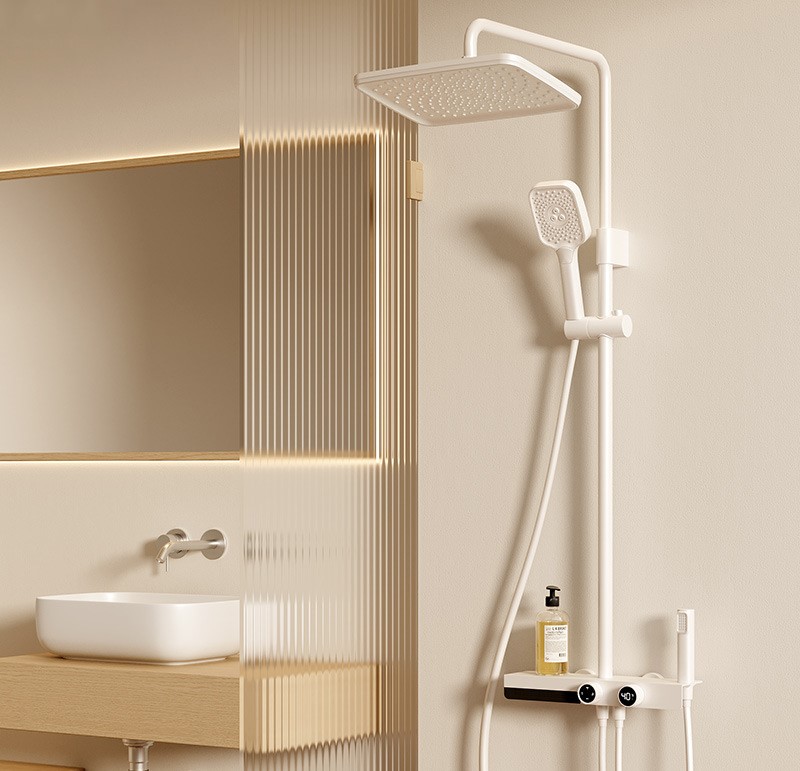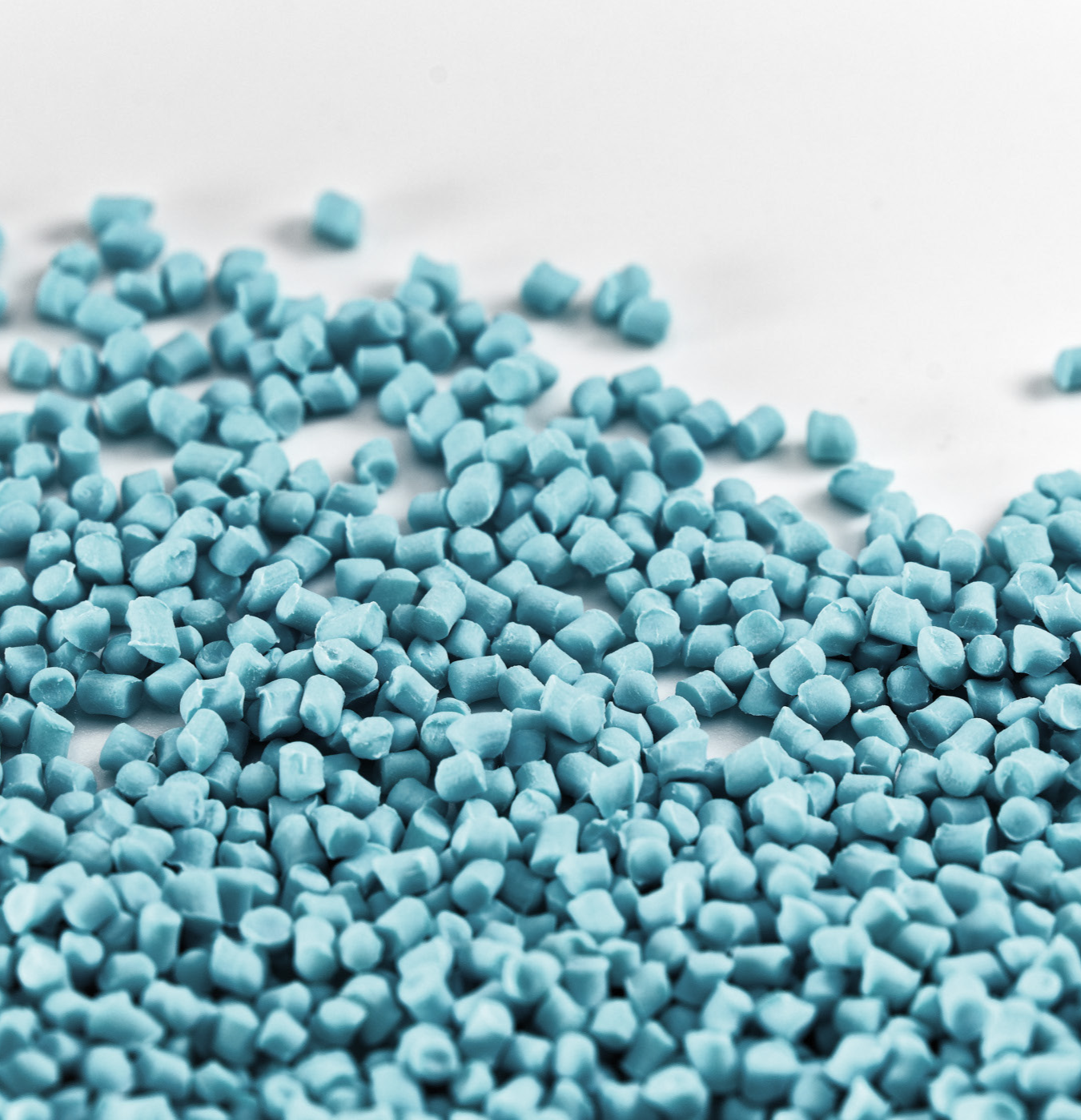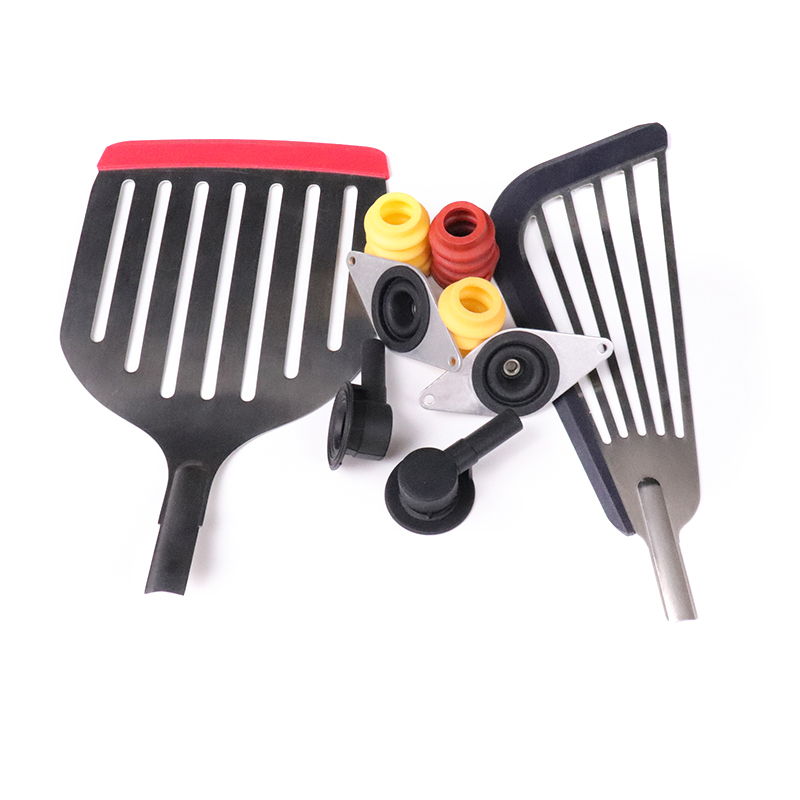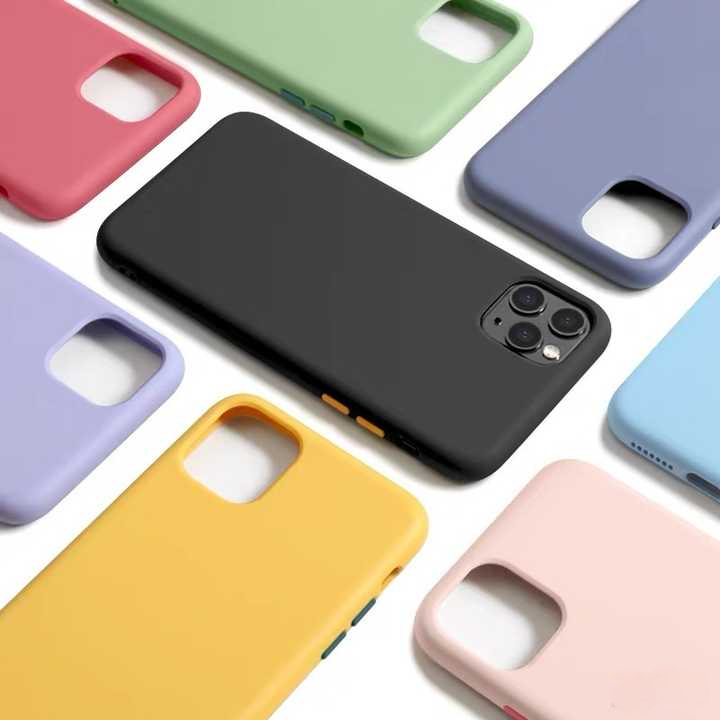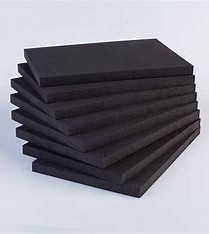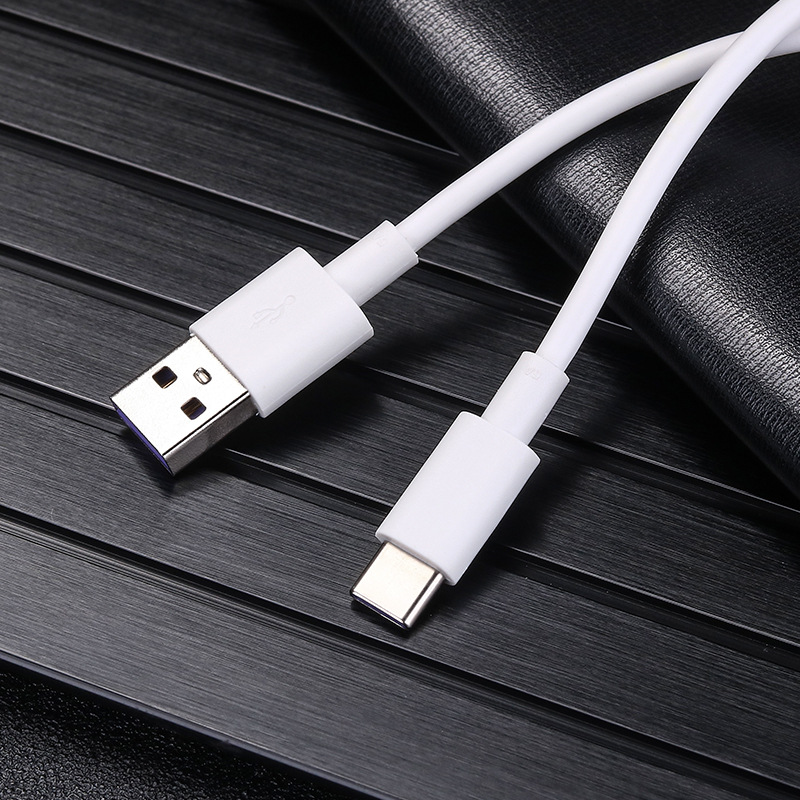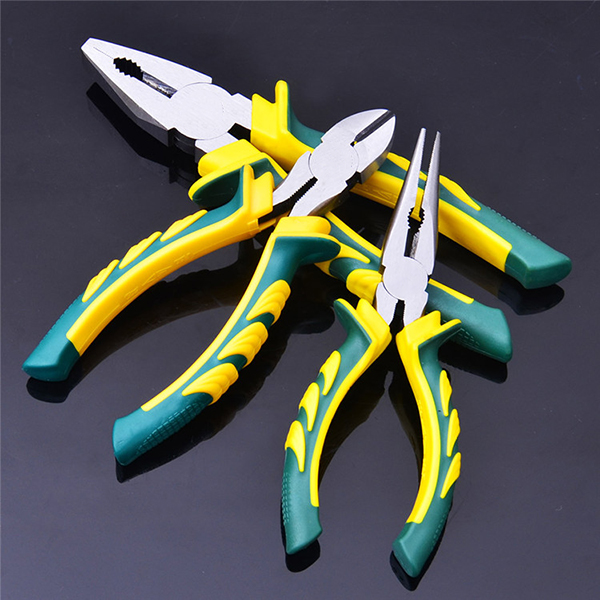Are Your TPU Consumer Electronics Cables Cracking, Sticky, or Losing Their Premium Feel?
In today’s competitive consumer electronics market, a cable is no longer just a connector—it’s part of the product experience. Consumers expect smooth texture, flexibility, and long-term durability, while designers demand materials that balance aesthetics, performance, and sustainability.
Thermoplastic Polyurethane (TPU) has become the preferred material for high-end USB data cables, charging cords, wearable device bands, and protective accessories thanks to its elasticity, toughness, and soft-touch comfort. Unlike PVC, TPU combines mechanical strength, hydrolysis resistance, and low-temperature flexibility, making it ideal for modern lifestyle electronics.
However, as devices evolve to become faster, thinner, and more compact, conventional TPU materials face growing challenges—bending fatigue, surface stickiness, color yellowing, and limited flame retardancy. These issues directly affect product appearance, lifespan, and brand reputation.
This article explores the common challenges related to Thermoplastic Polyurethane (TPU) data cable compounds and highlights the latest advancements in TPU modification technologies. innovations such as ultra-soft TPU, multifunctional composites, thermally conductive TPU, and vulcanized thermoplastic silicone-based elastomer (Si-TPV) modified TPU. These technological developments enable manufacturers to produce cables that demonstrate exceptional flexibility, durability, and superior quality across all aspects.
1. Common Challenges in TPU Data Cable Compounds
1.1 Mechanical Fatigue and Bending Failure
Cables endure thousands of bending cycles during use—especially near connectors. Over time, internal stress leads to micro-cracks, whitening, or wire exposure, shortening lifespan and compromising safety.
1.2 Surface Stickiness and Whitening
Due to its polar molecular structure, TPU may absorb moisture or experience plasticizer migration, resulting in tacky, white, or blooming surfaces that diminish aesthetic quality.
1.3 Color Yellowing and Aging Resistance
Exposure to UV, heat, and oxygen during extrusion or daily use causes discoloration and fading, particularly in light-colored or transparent cables.
1.4 Flame Retardancy vs. Flexibility Dilemma
Halogen-free flame-retardant (HFFR) TPUs meet environmental requirements but often reduce softness and processability—forcing manufacturers to choose between safety compliance and comfort.



2. Latest advancements in TPU modification technologies: From Problems to Solutions
2.1 Ultra-Soft and Flexible TPU for Ergonomic Cables
Ultra-soft TPU compounds (Shore A50–65) provide skin-like comfort while maintaining mechanical integrity. By fine-tuning the soft segment ratio of polyester or polyether polyols and adjusting chain extenders, engineers can develop materials that are soft yet robust.
Case Example:
Jiuyan New Materials developed an ultra-soft TPU for long-term skin-contact applications, offering a silky texture, non-irritation, and high wear resistance. In cable design, pairing an ultra-soft inner layer with a rigid outer shell forms a dual-structure cable, which absorbs impact internally while maintaining external strength—dramatically increasing bending lifespan and tactile appeal.
2.2 Multi-Functional Composite TPU: Tailoring Performance
By incorporating functional fillers, multi-functional TPU composites can be customized to meet specific performance requirements.
2.2.1 Hydrophobic & Anti-Fouling Properties
Integrating PDMS (polydimethylsiloxane) into TPU coatings enhances surface smoothness and hydrophobicity.
A study by the Zhejiang University of Technology demonstrated that hydroxyl-terminated PDMS increased the water contact angle from 83° to 105°, reducing dirt adhesion and simplifying maintenance.
2.2.2 Thermal Conductivity Enhancement
Fast-charging cables generate significant heat. Shandong Inowe Polyurethane developed a thermally conductive TPU using polyester polyols, isocyanates, chain extenders, and thermal fillers. This formulation improves heat dissipation while maintaining flexibility and mechanical strength—ideal for USB-C and PD cables.
2.2.3 Mechanical Reinforcement with CNTs
Carbon nanotubes (CNTs) act as nanoscale reinforcements that efficiently transfer stress. Melt-blending acid-treated CNTs with TPU enhances tensile strength and elongation, preventing breakage during repetitive bending cycles.
(Note: The above is excerpted from research findings published online by the listed companies and universities.)
3. Modified TPU Technology Empowered by Innovative Dynamic Vulcanizate Thermoplastic Silicone-Based Elastomer (Si-TPV) Solutions
In the evolving field of material science, the combination of TPU and silicone-based elastomers has opened new pathways for achieving superior performance and aesthetics. SILIKE’s Si-TPV 3100 Series introduces an advanced dynamic vulcanizate silicone-based elastomer that functions as both a polymer modifier and plastic additive in TPU formulations.
This innovation provides enhanced processing efficiency, mechanical resilience, and surface quality—offering manufacturers a practical solution to meet the growing demand for soft-touch, durable, and sustainable materials in consumer electronics cables, wearable accessories, and EV charging cables.
3.1 Material Structure and Mechanism
The SILIKE Si-TPV 3100 Series is a dynamic vulcanized thermoplastic silicone-based elastomer, engineered through a specialized compatible technology that ensures silicone rubber is evenly dispersed in TPU as 2-3 micron particles under a microscope.
This unique combination offers the strength, toughness, and abrasion resistance typical of thermoplastic elastomers while incorporating the desirable properties of silicone, such as softness, a silky feel, and resistance to UV light and chemicals. Importantly, these materials are recyclable and can be reused in traditional manufacturing processes.
3.2 Functional Enhancements in TPU Formulations
3.2.1 Surface Smoothness and Abrasion Resistance
Adding 6% Si-TPV 3100 Series Silicone-Based Thermoplastic Elastomer markedly improves the surface smoothness of TPU. It enhances scratch and abrasion resistance, reduces dust adhesion, and provides a non-tacky, anti-fouling surface—critical for high-visibility cable and device components.
3.2.2 Elasticity and Mechanical Durability
When Modified Silicone Elastomers Si-TPV content exceeds 10%, TPU formulations demonstrate improved elastic recovery, softness, and fatigue resistance. This enhancement benefits high-speed data and fast-charging cables, where materials must withstand frequent bending and coiling while maintaining shape and performance.
3.2.3 Soft-Touch and Matte Surface Finish
Integrating Si-TPV as Matte TPU Modifier, which imparts TPU with a silky, soft-touch surface and a matte finish. This tactile and visual refinement elevates user experience across consumer electronics, EV charging cables, wearable electronics, and handheld devices, where comfort, aesthetics, and durability are key.

Conclusion on the Modification of Multi-Functional Composite TPU
As consumer electronics continue to evolve, material innovation remains a key driver of product differentiation. By adopting ultra-soft TPU, multifunctional composites, thermally conductive TPU, and Si-TPV polymer modifiers, manufacturers can overcome long-standing challenges to produce cables that are durable, flexible, and visually refined.
SILIKE’s eco-friendly Si-TPV modification solutions empower engineers to design the next generation of smart, sustainable, and premium electronics. The non-tacky, silky surface not only improves the user experience but also elevates overall product perception.
Contact SILIKE to learn how our sustainable Si-TPV–modified TPU technologies and innovative material solutions can enhance the durability and surface quality of TPU compounds in consumer electronics applications.
Moreover, for manufacturers seeking to optimize TPU formulations for EV charging cables—with enhanced matte finish, long-term silky comfort, and superior durability—Si-TPV–modified TPU materials offer proven benefits.
Beyond cable applications, Si-TPV–modified TPU films deliver excellent wear resistance and skin-friendly touch, making them ideal for modern industry products.
For more information, please visit www.si-tpv.com or contact amy.wang@silike.cn














